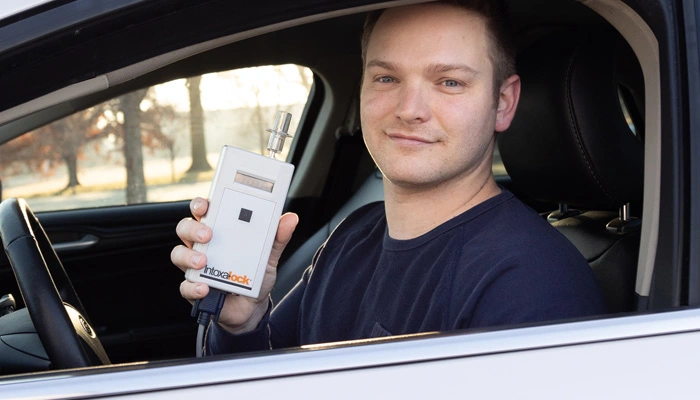Felony Charges for Drunk Drivers with Child Passengers?
The penalties for driving a motor vehicle while intoxicated are severe. Those penalties increase drastically if a child is present in the vehicle. A DUI child endangerment conviction will have life-changing consequences. To choose to drive with a child in the car while under the influence of alcohol drastically increases the likelihood that the child will be involved in a serious injury or accident. For those charged with drunk driving with a minor aged passenger, the laws in some states can require that the child be placed in protective custody.
According to the National Highway Traffic Safety Administration (NHTSA) a total of 1,233 children ages 14 and younger were killed in traffic crashes in 2016. Of these deaths, 214 (17 percent) children died in crashes caused by an alcohol-impaired driver, and 54 percent of those were occupants of vehicles with drivers who had a blood alcohol content of .08 or higher. Intoxicated drivers are not only at a much higher risk to be involved in a motor vehicle crash, but they are also substantially less likely to provide proper seat restraint (with a seatbelt or car seat) for the children riding in the vehicle.
DUI child endangerment laws vary among states, but there has been a recent push to pass a national law that would make it a felony to drive while intoxicated with a minor in the vehicle. During the past few years several federal bills have been introduced aimed at strengthening the laws surrounding DUI child endangerment in an attempt to curb these startlingly high statistics.
Child Passenger Protection Act
The Child Passenger Protection Act was introduced by Congresswoman Kathleen Rice (D-NY) in December of 2009, and contained several features that have been adopted by numerous states since its passing.
- The individual can be charged with a felony subject to up to four years imprisonment.
- Will require the individual, if convicted, to install and maintain an ignition interlock system (IID) on any car the individual owns or operates.
- Will suspend the individual’s state driver’s license during the course of prosecution, unless the individual installs and maintains an ignition interlock system (IID).
- The individual will have to undergo an alcohol abuse, substance abuse or mental health assessment. If the assessment indicates the need for treatment, authorizes the appropriate court or monitoring agency to require the individual to undergo treatment as part of the individual’s sentence or as a condition for reissuance of the individual’s driver’s license.
- Will require authorities to file a report with the appropriate State Register of child abuse if the individual is the parent, guardian or custodian of the child passenger, or is in any way legally responsible for the child passenger.
Prevent Impaired Child Endangerment Act
The Prevent Impaired Child Endangerment Act was introduced on May 23, 2019, expands on Rice’s original bill and is currently in the first stage of the legislative process. If passed, the bill will require all states to enact the following laws with regard to an individual who operates a motor vehicle while intoxicated with a child passenger:
- A law that provides that the individual can be charged with a felony subject to up to four years imprisonment.
- A law that requires the individual, if convicted, to install and maintain an ignition interlock system on any car the individual owns or operates.
- A law that suspends the individual’s state driver’s license during the course of prosecution, unless the individual installs and maintains an ignition interlock system.
- A law that requires the individual, if convicted, to undergo an alcohol abuse, substance abuse or mental health assessment and, if the assessment indicates the need for treatment, authorizes the appropriate court or monitoring agency to require the individual to undergo treatment as part of their sentence or as a condition for re-issuance of the individual’s driver’s license;
- A law that requires authorities to file a report with the appropriate state register of child abuse if the individual is the parent, guardian, or custodian of the child passenger, or is in any way legally responsible for the child passenger.
This legislation also directs the U.S. Secretary of Transportation to withhold a certain percentage of federal funding from states that fail to comply with these requirements beginning of fiscal year 2021.
Make Plans in Advance
Drinking and driving is never a good idea. If you intend to consume any amount of alcohol, think ahead and plan to use alternative methods of travel, including rideshare, taxi services or public transportation.
If you have been drinking at home and need to travel unexpectedly with young children, call a friend or family member for a safe ride. Or find a ride share service that includes car seat options, or allows you to bring and use your own car seats. Keep children, roads, and yourself safe by choosing safe modes of transport.
For more information about installing an Intoxalock ignition interlock device, call our state specialists at 833-623-0200.




